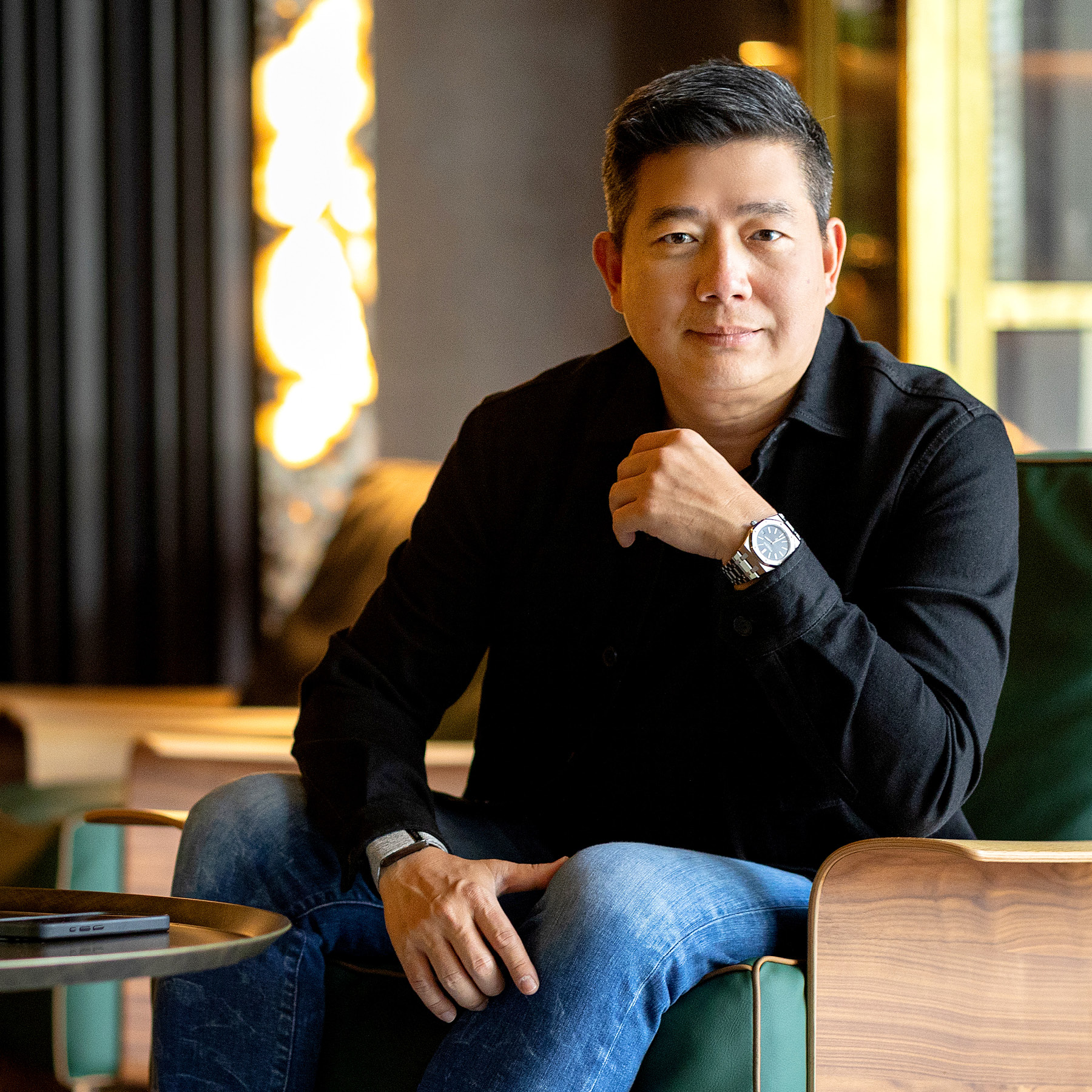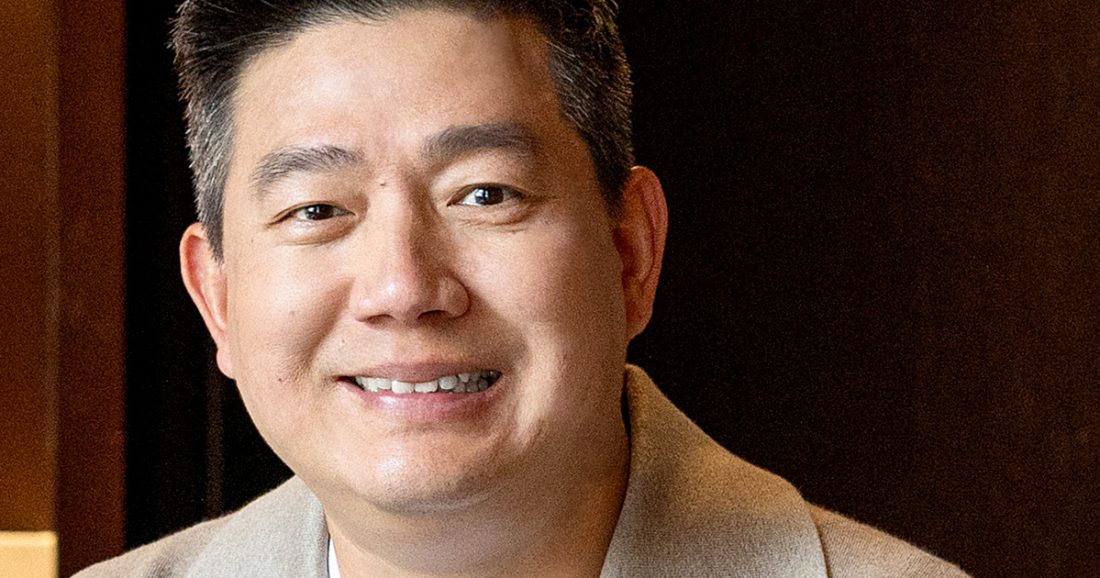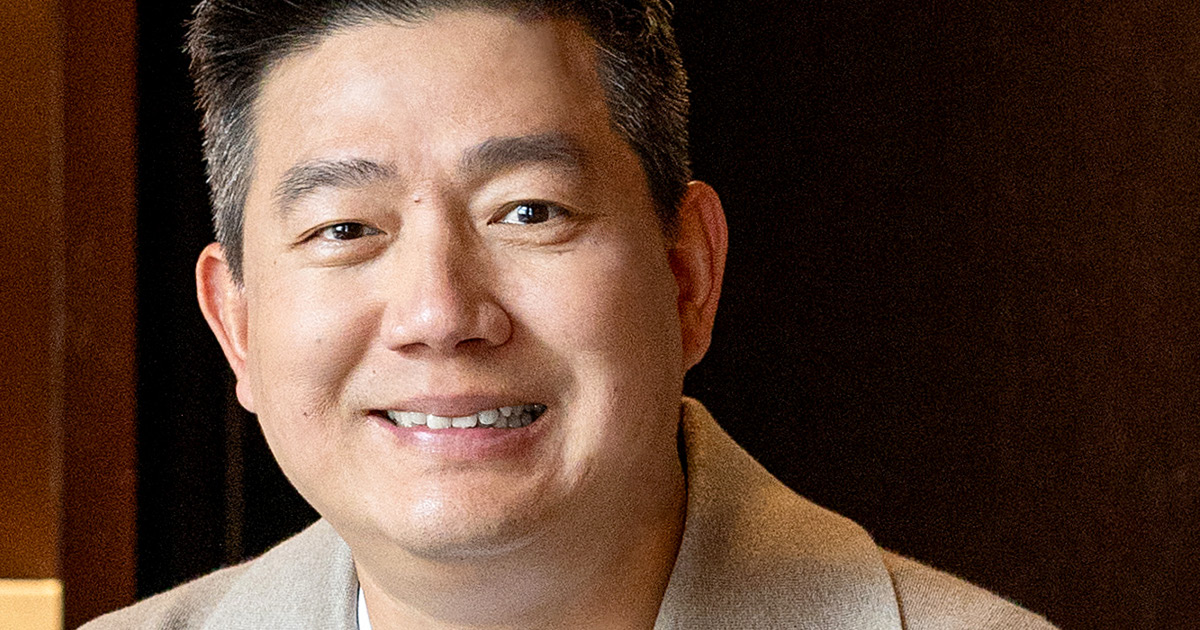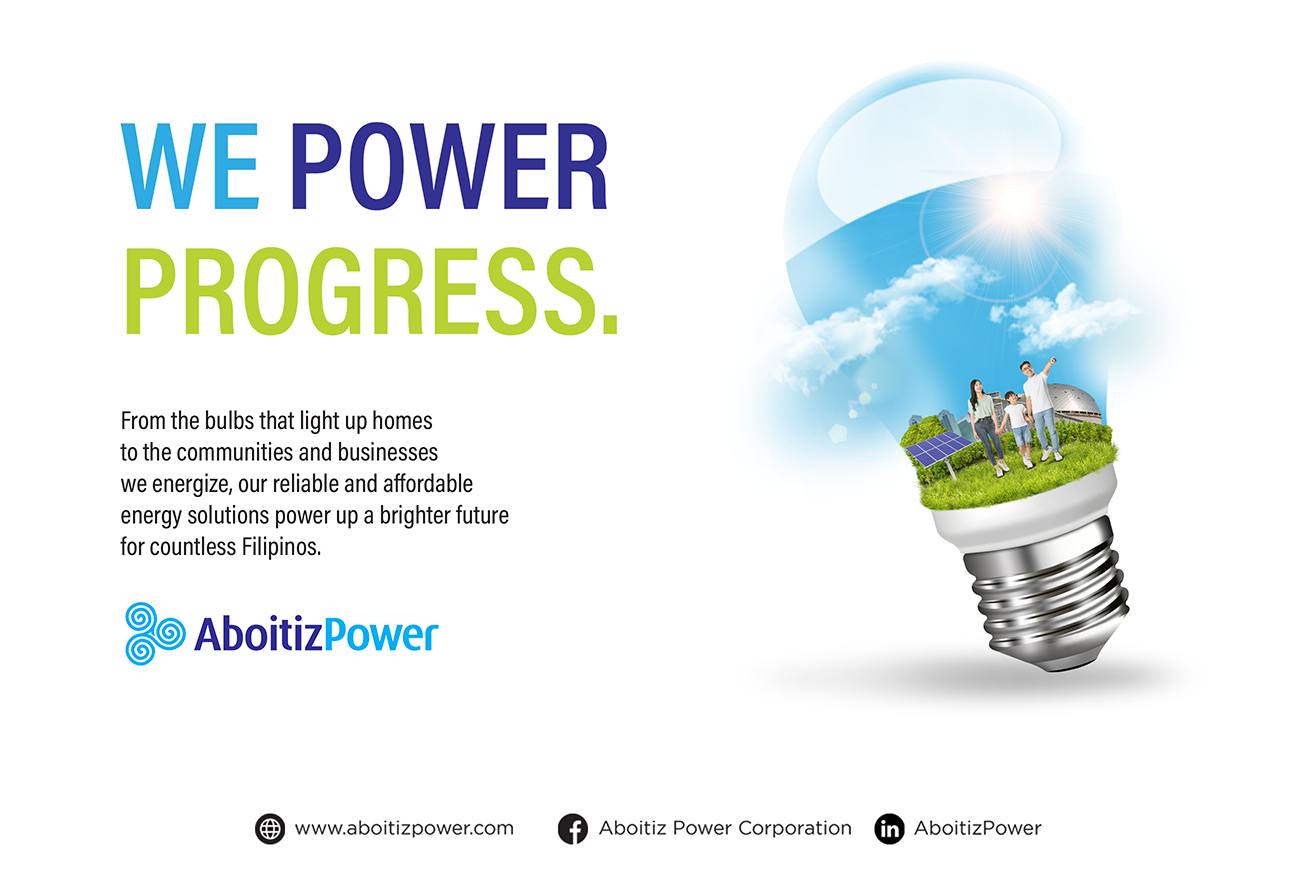The future of energy is a blank canvas, even to those within the industry. The possibilities seem as boundless as the innovation coming from the sector. Newcomers on the scene have embraced the opportunity to make their mark with aplomb, undaunted by the veterans surrounding them. It truly is anyone’s game.
But those with a vision and the resources to back it up have a distinct advantage. Philippine retail electricity supplier Mabuhay Energy Corporation (MECO) is in such a place, with grand plans to roll out 1,000 megawatts of clean and renewable energy developments over the next five years.
It’s a steep task for an independent company, but MECO Chairman and CEO Sherwin Hing tells The CEO Magazine it’s a matter of relationships and agility.

“From day one, our model has been to create a demand and then develop our own supply.”
“To me, we’re in a win–win situation,” he says. “We’re not connected to any of the power generation companies in the Philippines, so we have to rely on the supply we get from them. We have a long-term power supply agreement with the power giants in the country, including AboitizPower.
“With what we get from them, we’re able to provide competitive offers and tailored solutions to our customers.”
Shared Ambition
For a company of MECO’s young age – it was established in 2017 – it has done well in that regard. Hing says he values relationships with stakeholders highly. “Whether it’s employees, suppliers or our customers, to me that’s very important,” he says.
And those customers are growing in number. Thanks to strategic partner relationships with companies such as AboitizPower, MECO has grown its customer portfolio to more than 50.
“From day one, our model has been to create a demand and then develop our own supply. But that takes time,” Hing says.
“At the same time, the intention is not to use 100 percent of our capacity for Mabuhay, so we’ll continue to maintain relationships with our existing suppliers.”
That capacity-building is on the move. Step one of MECO’s plan is to join the Luzon grid with a 50-megawatt solar farm facility, part of the company’s focus on renewables.
“We’re trying our best to build as much as we can,” Hing says. “We know it’s not easy, especially for solar. You need a massive land area for all the solar panels, and that’s a challenge. But we believe we can do it.”
Hing has assembled a strong management team to make MECO’s dreams a reality, and along the way has teamed up with some of the biggest players in the renewable space.
“We’ve partnered with experts in this region, so that gives us an advantage,” he says. “We’ve entered into a joint venture with Trina Solar, one of the world’s biggest solar panel manufacturers, to develop a substantial size of utility scale solar plants, and we’ve partnered with Wind Energy Holding out of Thailand, one of the biggest wind energy developers in that country.”
A Higher Calling
These two partnerships alone have left Hing with supreme confidence that MECO’s long-term goals are achievable, and as the company’s Founder, these goals are naturally his own.
“I could see that the Philippines, as an emerging country, would require more power players to become more competitive,” Hing notes. “It’s currently one of the most expensive countries in terms of power rates. The main idea with MECO is to bring prices down to be more affordable to consumers.”
The second goal is to tackle climate change with a vengeance. “If we don’t act, this will become a big problem for future generations. Going into this, we thought we could play a very important role in the growth of the Philippines.”
But early on, the altruism of Hing’s plans weren’t enough to draw customers at a decent clip. “We had a hard time initially. A startup with no track record is always going to do it tough,” he says.

“Everyone has their own strengths, so it’s a culture that allows us not just to survive, but excel.”
“That was the first challenge, when we started our commercial operations in June of 2020. Six months later, we ended up with 10 clients, including Megaworld Corporation, one of the biggest real estate development companies in the Philippines.”
Now MECO has a strong reputation, friends in high places and a significant competitive advantage, but Hing says the business is no less hungry or agile. “Our alliance with Trina Solar alone gives us a huge relevance in this space,” he says.
“We’re also big on maintaining our branding and visibility to customers, and we keep exploring the never-ending opportunities of the industry. One of the advantages of our size is that we can talk a lot and exchange ideas.
“Everyone has their own strengths, so it’s a culture that allows us not just to survive, but excel.”





